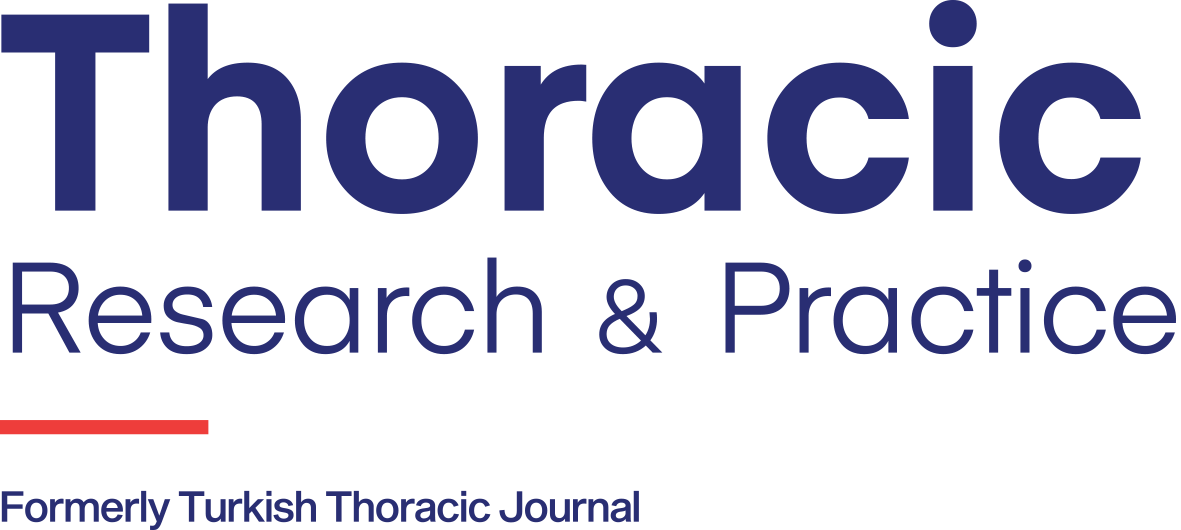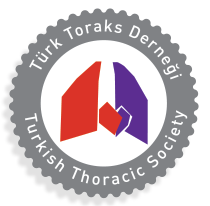Abstract
The novel coronavirus pandemic poses a major global threat to public health. Our knowledge concerning every aspect of COVID-19 is evolving rapidly, given the increasing data from all over the world. In this narrative review, the Turkish Thoracic Society Early Career Taskforce members aimed to provide a summary on recent literature regarding epidemiology, clinical findings, diagnosis, treatment, prevention, and control of COVID-19. Studies revealed that the genetic sequence of the novel coronavirus showed significant identity to SARS-CoV and MERS-CoV. Angiotensin-converting enzyme 2 receptor is an important target of the SARS-CoV-2 while entering an organism. Smokers were more likely to develop the disease and have a higher risk for ICU admission. The mean incubation period was 6.4 days, whereas asymptomatic transmission was reported up to 25 days after infection. Fever and cough were the most common symptoms, and cardiovascular diseases and hypertension were reported to be the most common comorbidities among patients. Clinical manifestations range from asymptomatic and mild disease to severe acute respiratory distress syndrome. Several patients showed typical symptoms and radiological changes with negative RT-PCR but positive IgG and IgM antibodies. Although radiological findings may vary, bilateral, peripherally distributed, ground-glass opacities were typical of COVID-19. Poor prognosis was associated with older age, higher Sequential Organ Failure Assessment score, and high D-dimer level. Chloroquine was found to be effective in reducing viral replication in vitro. Likewise, protease inhibitors, including lopinavir/ritonavir, favipiravir, and nucleoside analogue remdesivir were proposed to be the potential drug candidates in COVID-19 management. Despite these efforts, we still have much to learn regarding the transmission, treatment, and prevention of COVID-19.
Cite this article as:
Tokgöz Akyıl F, Karadoğan D, Gündüz Gürkan C, et al. What We Learned about COVID-19 So Far? Notes from Underground. Turk Thorac J 2020; 21(3): 185-92.



